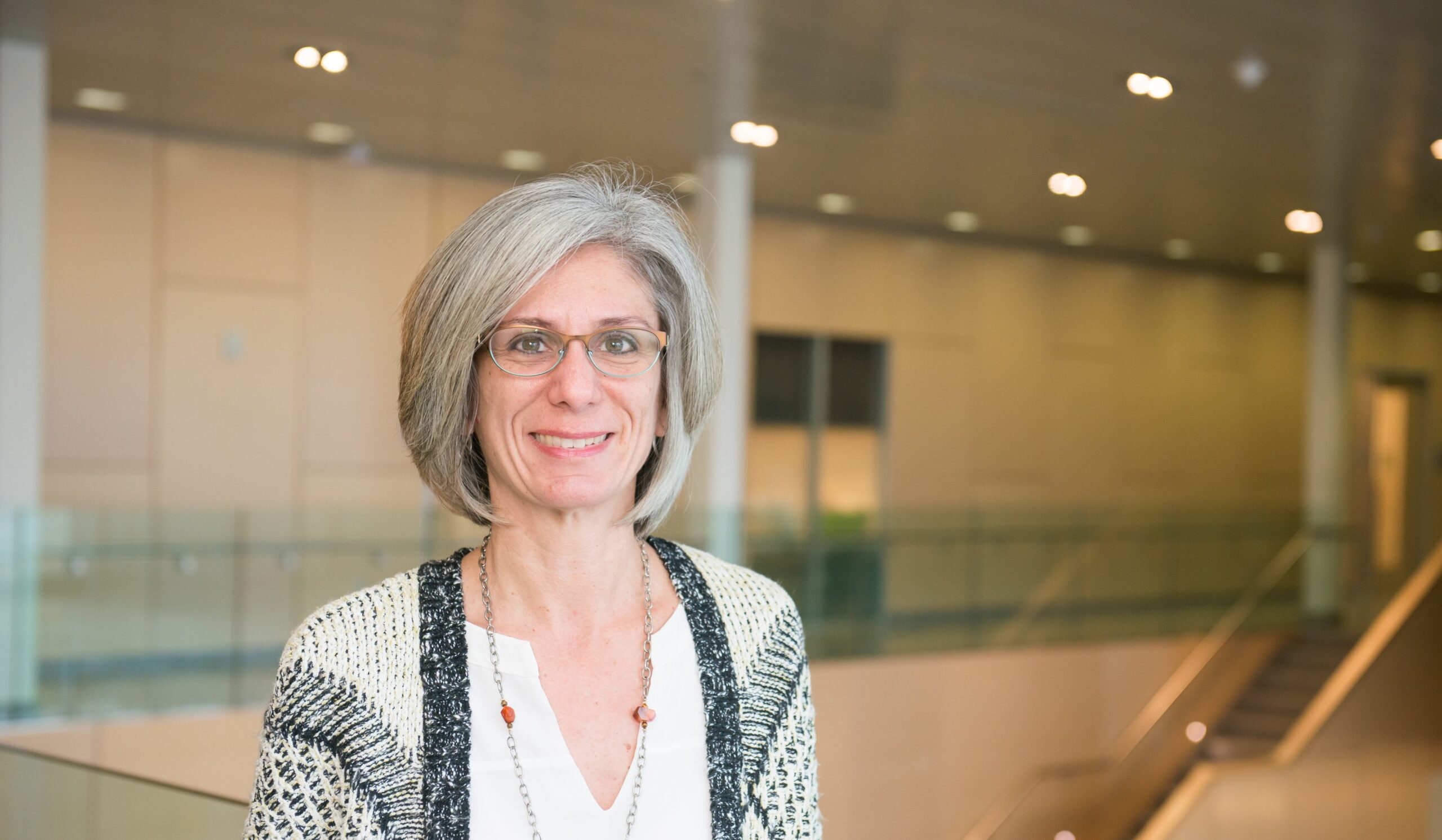As a form of public service, public historians can help create historical understanding with a variety of partners by sharing authority and inquiry in the communities that they serve. But what does studying the origins of public history reveal about the discipline?
Denise Meringolo, an associate professor of history and director of public history, recently published an article that studies roots of this question on the National Council on Public History website (NCPH). She contributed the article as part of the “Radical Roots: Civic Engagement, Public History, and a Tradition of Social Justice Activism,” a collaborative research project that “identifies new historical precedents for the values and practices that have come to define the field, particularly those now associated with civic engagement,” according to the NCPH website.
In her article, Meringolo argues how public history largely centers around collaborative scholarship, community-based education, and university-community partnership.
“By identifying experiments in community-based education less strictly tied to university and college departments of history, we can open up more nuanced critical perspectives on the intersections among teaching, learning, and community development,” she wrote.
Meringolo references The American Civilization Institute (ACIM) of Morristown, New Jersey as an early example of community-based education and teaching due to its engagement with local students and faculty in its community.
“Founders of the ACIM recognized that growing interest in historic preservation provided them with an opportunity to connect research and interpretation to political activism and advocacy,” she wrote.
Professor Meringolo is leading a project to archive materials from the Baltimore Uprising through a website that was launched in 2015. The aim is to gather and preserve a diverse range of perspectives and experiences from the events surrounding the Uprising, and there have been thousands of submissions from community members. Read more about her work on the history department website.
Image: Denise Meringolo. Photo by Marlayna Demond ’11 for UMBC.

